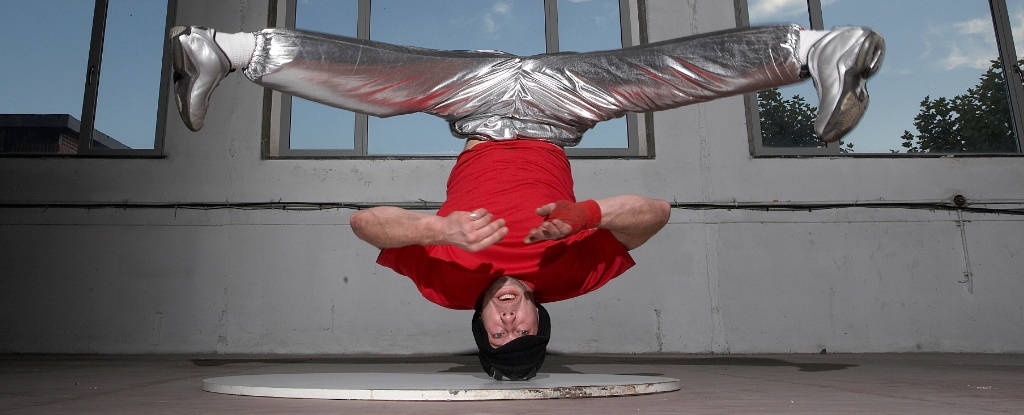Place your adverts here on InfoDig @ low rates; banner ads, sponsored links and guest articles etc. Contact us
Manufacturing companies in Nigeria reduced their debt burden by N1.62 trillion between February and June 2024.
This is according to data from the Central Bank of Nigeria’s (CBN) statistical bulletin on sectoral distribution of credit by Deposit Money Banks.
This drop, representing a 14.85% decline in manufacturing loans, comes amid rising interest rates that have increased borrowing costs across the economy.
What the data says
In February 2024, the total credit allocated to the manufacturing sector stood at N10.88 trillion, which was an increase of N860 billion from N10.02 trillion recorded at the beginning of the year in January.
By June 2024, this amount had reduced to N9.26 trillion. The decrease of N1.62 trillion between February and June reflects the sector’s struggle to manage higher financial costs following the CBN’s rate hikes, underlining the impact of monetary tightening on business operations.
The first interest rate hike under the current CBN Governor, Olayemi Cardoso, was introduced in February 2024, setting a tone for stringent monetary policies to curb inflation.
Manufacturers make up 16.63% of total bank credit to the private sector
The total credit to the private sector across all industries also witnessed a sharp contraction over the same period.
In February 2024, private sector loans amounted to N61.56 trillion, which fell to N55.71 trillion by June 2024—a decline of N5.84 trillion.
- This indicates broader financial tightening, not just in the manufacturing sector but across other industries, as the cumulative effects of rate increases constrained loan accessibility.
- In February, manufacturing loans made up 17.68% of total private sector credit (N10.88 trillion out of N61.56 trillion).
- However, by June, this proportion slightly decreased to 16.63% (N9.26 trillion out of N55.71 trillion).
- The numbers highlight how manufacturing firms, while still significant borrowers have scaled back amid tougher borrowing conditions.
- CBN’s decision to raise the interest rate in February 2024, aimed at taming inflation, has significantly altered the borrowing landscape.
- As businesses seek to stay afloat, many have opted to repay loans rather than incur higher interest expenses.
- The trend also points to a cautious outlook by firms, preferring to reduce exposure to volatile lending conditions in the months following the hike.
What you should know
The CBN, under Olayemi Cardoso, increased the monetary policy rate (MPR) five times to combat inflation and foster economic stability.
The first hike increased the rate from 18.75% to 22.75%, the second to 24.75%, the third to 26.25%, the fourth to 26.75%, and most recently in September 2024, the Monetary Policy Committee (MPC) raised the rate by 50 basis points to 27.25%.
- These increases, totalling 850 basis points since Cardoso’s appointment, have been driven by efforts to tackle the country’s persistent inflation challenges, which include high core and food inflation.
- The CBN’s tightening monetary policy has reshaped the dynamics of credit allocation in Nigeria.
- Rising interest rates have made government securities more attractive to investors, as higher yields offer better returns with relatively lower risk compared to private-sector lending. This has led to a surge in government borrowing, while businesses, facing higher borrowing costs, are more cautious.
- However, there are concerns that prolonged tight monetary policy could stifle economic growth, especially if businesses are unable to access affordable credit to finance expansion and investment.
- The Director-General of the Centre for the Promotion of Public Enterprise (CPPE), Dr Muda Yusuf, recently called on the CBN to expedite the window of development finance for businesses to mitigate the effect of the high monetary policy rate in the country. He noted that businesses need the single-digit interest rate to drive the Nigerian economy.
- Also, the President of Dangote Group Industries Ltd, Alhaji Aliko Dangote stated that no economic growth will happen unless the bank’s interest rate at 30% declines. He further called for the protection of local industries, especially in manufacturing, across the country.
However, Yemi Cardoso, the Governor of the CBN earlier emphasized the necessity of maintaining higher interest rates to address the persistent inflation issues plaguing the Nigerian economy. Cardoso stated that tighter monetary policy accompanied by higher interest rates was at their disposal to solve the challenges of high inflation.















)
 English (US) ·
English (US) ·